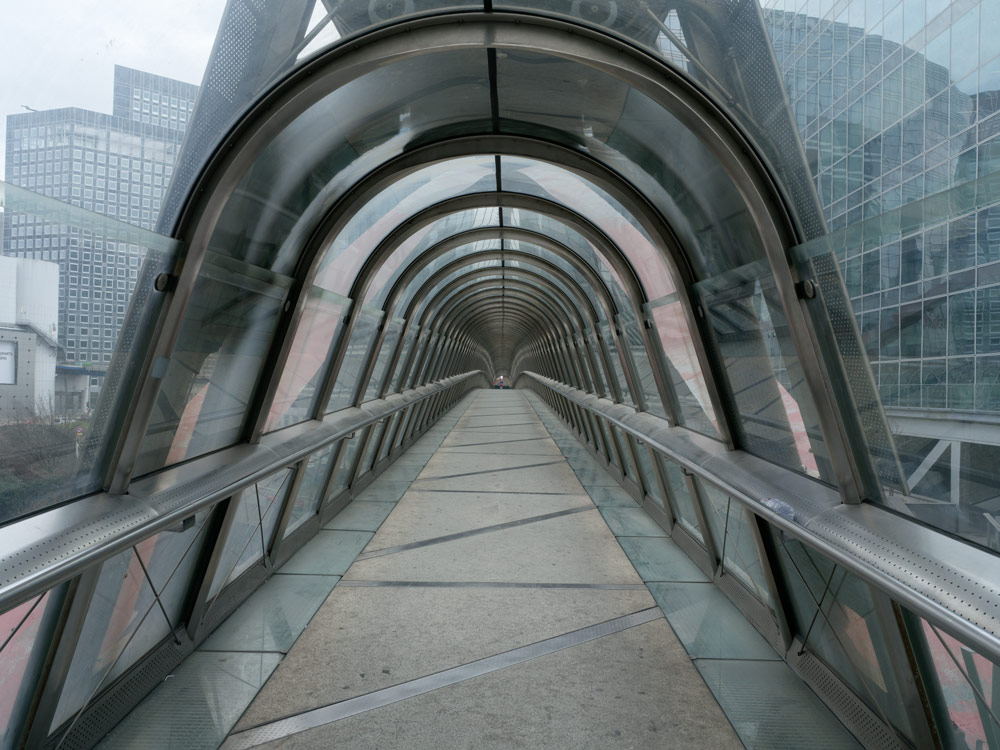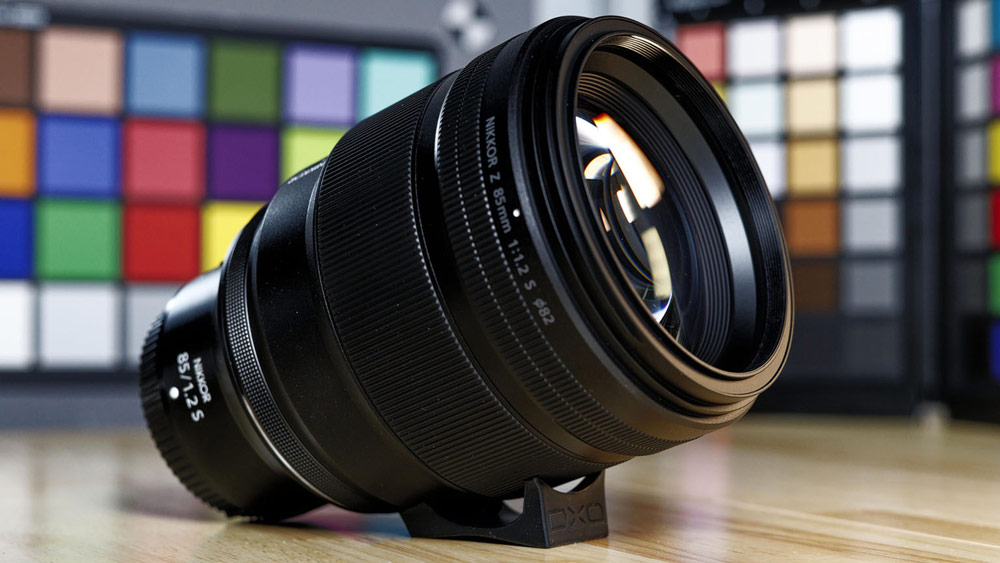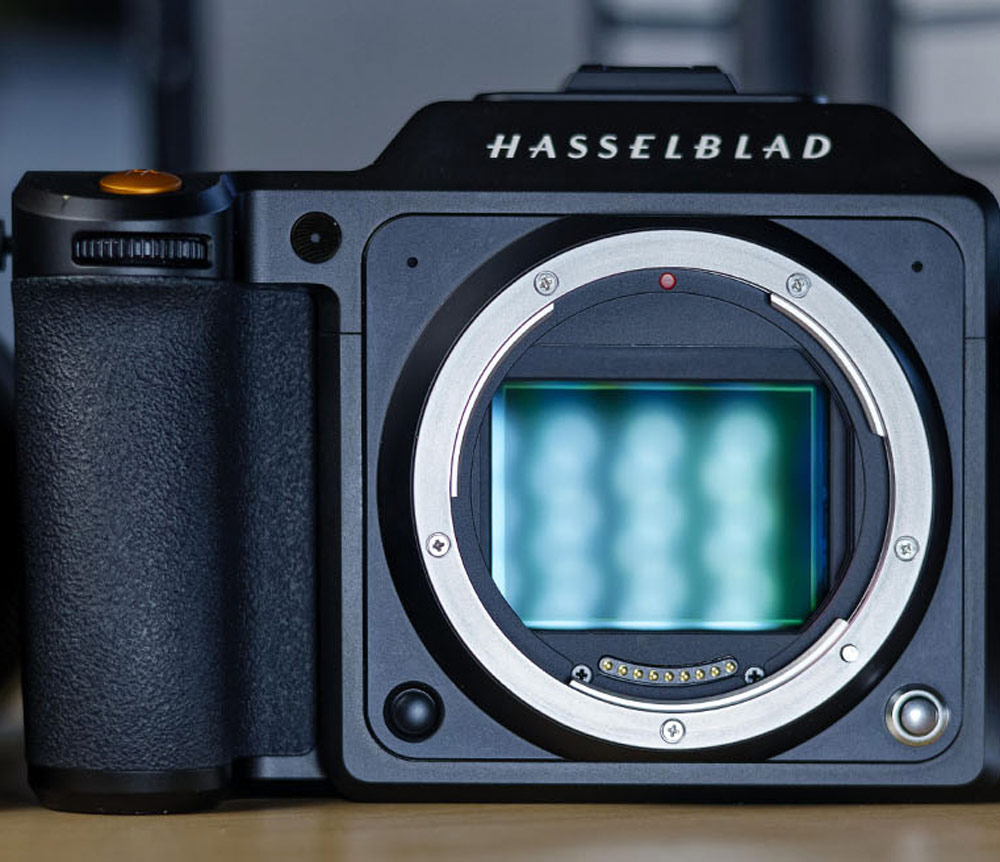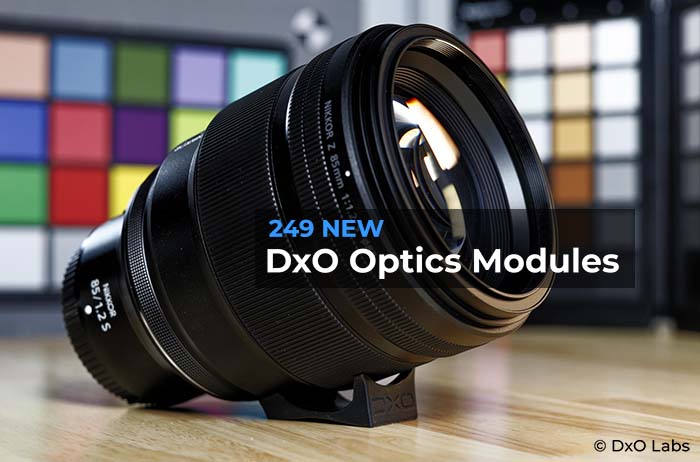DxO Labs has announced the availability of 249 new Optics Modules, with support for the Nikkor Z 85mm f/1.2 S prime, the Hasselblad X2D 100C medium format camera, the Sigma 60-600mm zoom with teleconverters and more.
The new DxO Optics Modules are designed to correct lens softness, chromatic aberration, vignetting and other optical issues, and are now available for users of DxO PureRAW, DxO FilmPack, and DxO ViewPoint. The modules will be available shortly afterwards for users of DxO PhotoLab and Nik Collection. This latest update means that almost 83,000 lens and camera combinations are supported, according to the company.

An example of a corrected image with the new modules, taken on the Hasselblad X2D 100C
Don’t forget to check out our head-to-head comparison of the noise reduction tools in DxO PureRAW with the AI-powered features in Adobe Lightroom, and our in-depth review of the new Nikon Z 85mm f/1.2 S and DxO PhotoLab 6 Elite. We’ve also got a detailed guide to the best subscription-free image editing software.

The Nikkor Z 85mm f/1.2 S is one of the lenses supported by the new modules
The full list of of supported lenses and cameras is below:
● Hasselblad X2D 100C
● Nikkor Z 85mm f/1.2 S
● Fujifilm XF 56mm f/1.2 R WR
● Leica APO Summicron SL 75mm f/2 ASPH
● Leica Vario Elmarit SL 24-70mm f/2.8 ASPH
● Sigma 60-600mm f/4.5-6.3 DG DN OS (L-mount)
● Sigma 60-600mm f/4.5-6.3 DG DN OS with TC-1411 (L-mount)
● Sigma 60-600mm f/4.5-6.3 DG DN OS with TC-2011 (L-mount)

Hasselblad X2D 100C DxO
From DxO
DxO Labs, the pioneer of calibration-based optical corrections for more than 20 years, today announces the availability of 249 DxO Optics Modules. Support is now offered for the much-anticipated Nikkor Z 85mm f/1.2 S, the Hasselblad X2D 100C medium format camera, a telephoto zoom lens plus teleconverters from Sigma, a prime lens from Fujifilm, and two lenses from Leica.
DxO Optics Modules are designed in DxO’s exclusive Paris laboratory, and created for photographers who demand the best possible image quality from their equipment. The new profiles – and all previous Optics Modules – are available across DxO’s entire range of software. The modules will be available from May 10 for users of DxO PureRAW, DxO FilmPack, and DxO ViewPoint. The modules will be available shortly afterward for users of DxO PhotoLab and Nik Collection. This latest update means that almost 83,000 lens and camera combinations are supported.
Thanks to precise measurements, DxO’s adjustments are superior to other optical correction software and can increase image quality regardless of whether they are applied to entry-level lenses or high-end equipment. DxO Optics Modules give access to another level of performance.
Correcting lens softness with precision
Every lens requires some degree of adjustment in order to correct lens softness, and most software applies a generic level of sharpening across the entire image. By contrast, DxO Optics Modules work differently, applying lens softness correction precisely where it is needed, and varying the amount across the frame according to the characteristics of the individual lens. Photographers end up with crisper images as a result.
A larger crop thanks to smarter distortion control
Each lens is tested to understand any curvature across the image that it projects and any distortions are corrected. Most software will correct issues such as barrel distortion and pincushion distortion, but only DxO Optics Modules have an extra level of precision. While some software might make clumsy crops across a range of focal lengths to accommodate corrections to distortions, DxO Optics Modules are more sophisticated, often leading to a larger image area as a result.
Intelligent control of chromatic aberration
Longitudinal and lateral chromatic aberrations can vary according to focal length and distance, and DxO’s corrections take these factors into account in order to achieve more accurate corrections. Fringing is eliminated without compromising color or detail.
Vignetting accurately removed
Finally, vignetting is resolved, correcting the darker edges of the frame that can occur in certain lenses and at specific focal lengths.
Better results thanks to scientific rigor
Because tests are made on specific lens and camera combinations, DxO Optics Modules are able to account for small variations in performance, giving photographers the lens profiles that they deserve: tailor-made corrections for their equipment. No other software offers this level of precision.
Further reading
Hasselblad X2D 100C review
Nikkor Z 85mm f/1.2 S review
Fujifilm XF 56mm f/1.2 R WR review
DxO PhotoLab 6 Elite review
Adobe Lightroom’s AI Denoise tool comparison







